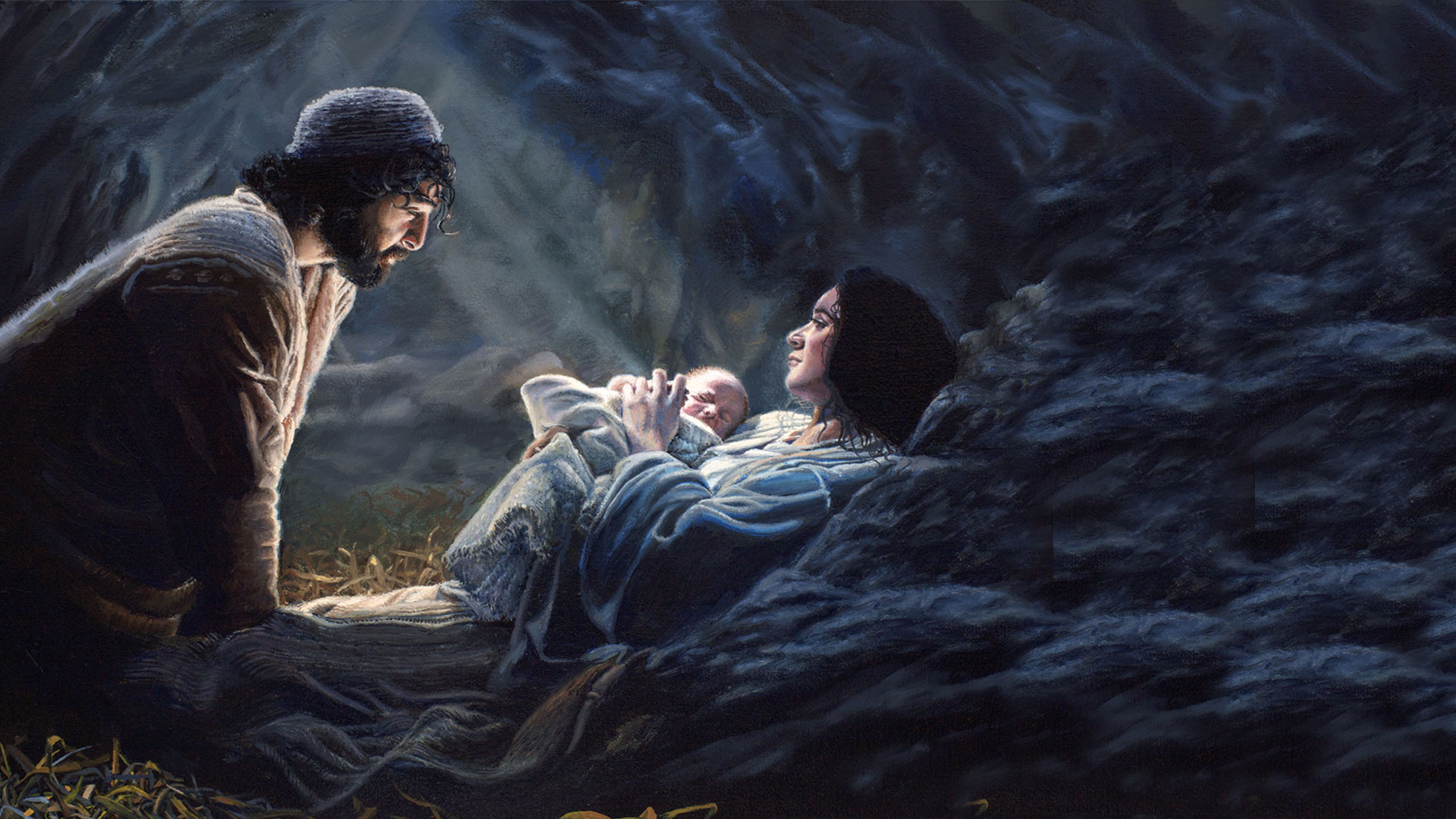How Does God Meet Our Needs?
When Jesus learned that His cousin and friend John the Baptist had been murdered, He grieved. He went by ship to a quiet place, hoping for privacy in which to cope with His grief, but the people, as always, found Him. They longed to be taught by him, and Jesus, always compassionate and unselfish, put aside His grief to preach the gospel and to perform healings.
That evening, the disciples suggested the people be sent away so they could get back to the villages to purchase dinner. However, Jesus said there was no need for them to leave. He was willing to continue serving them, so He asked His disciples to feed the people.
The disciples pointed out there were about 5,000 people and even if they were to buy food, it would take a great deal. Jesus asked if anyone had food and Andrew found a boy who had five loaves and two small fish. The boy was willing to share his small meal so Jesus blessed it. It easily fed all the people, giving them as much as they wanted with twelve baskets left over.
Read the story of Jesus feeding the 5000 in the Bible.
It is interesting to note that even though He could turn five loaves and two fish into a feast for 5000, He felt the need to ask for those loaves and fish first. Surely, Jesus could have miraculously produced the fish and loaves Himself. Why, then, did He ask for food to begin the miracle with?
We know that if we pray and ask God for help with a problem, He seldom shows up and fixes it Himself. Nor does He most often send angels. He works His miracles through other people. He doesn’t need those people to perform the miracle, but he employs them anyway.
This creates a miracle for one person and a chance to be on the Lord’s errand for the other. It helps us to become better connected to each other, to search out those in need, to be less selfish, and to listen to promptings from the Lord. The receiver has the blessing of knowing God was paying attention, but also of knowing someone cared enough to step in and help. The boy who shared his meal probably never forgot how it felt to play a crucial role in a miracle.
God doesn’t require us in order to do His work, but He knows it is what is best for us. We need to always be alert to promptings from God that tell us when someone needs assistance from us. We are delivering a promise that God will always be there—and when we help another after obeying a prompting, we increase our own faith that God will send someone to help us when we need it.
It is a privilege to be sent on an errand by God and to be able to show others, through our service, how much He loves them and pays attention to them. When God selects us to deliver the gift, we can be assured He is putting His trust in us.




